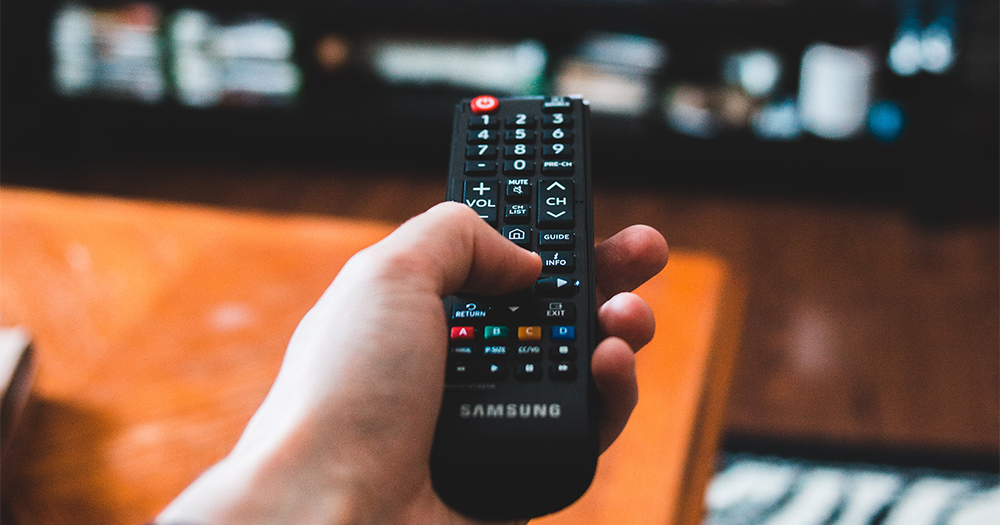Increased LGBTQ+ media representation and more inclusion of ethnic minorities and those with disabilities is needed in Ireland, the Future for Media Commission heard on Thursday.
“People of colour, members of the Travelling community, people with disabilities and LGBTQ people, the media have begun to tell their stories,” Christine Monk, a cultural publicist, told the Commission. “If they are funded to do so, the will is there to broaden the narrative, to give more people a voice through the media.”
The Commission is an independent body established by the government in 2020 to examine the future of the media in Ireland, and to make recommendations that will set down strong foundations for the coming years.
The Irish media landscape has had a rocky relationship with inclusion and representation of LGBTQ+ voices. One infamous example was ‘Pantigate’ in 2014. Rory O’Neill publicly accused several high profile journalists of homophobia on RTÉ’s The Saturday Night Show. Brendan O’Connor issued an apology and the journalists threatened legal action against RTÉ and O’Neill. O’Neill’s interview was removed online and RTÉ paid €85,000 to the offended parties.
Things have improved in the intervening years, particularly in the wake of Marriage Equality. In 2019 RTÉ committed to employing “a minimum preliminary goal of 4% of persons who identify themselves as members of the LGBTQI community,” according to their Diversity Policy.
However, issues surrounding LGBTQ+ media representation remain. A more recent example of this coming in 2019 when RTÉ’s Prime Time had known transphobe Graham Linehan on as a guest to discuss trans issues.
“RTÉ chose to highlight, in many instances, a negative view of trans lives in Ireland. Any responsible broadcaster concerned with young people’s lives should consider the impact such messaging will have on our children in the aftermath of such a negative and inaccurate portrayal of the issues,” Sara Phillips of TENI said at the time.
The Commission also heard calls for increased funding and coverage for the arts.
“While sport features in every news bulletin and daily newspapers, and schedules are regularly cleared for sporting events, the arts are often nowhere to be seen or heard,” Chairwoman of the National Campaign for the Arts Angela Dorgan said.
She suggested the idea of a daily arts bulletin and also called for more Irish artists to be played on Irish radio stations.
The Commission is due to produce a report and recommendations by summer of 2021 on how the media can address these challenges into the future.
© 2021 GCN (Gay Community News). All rights reserved.
Support GCN
GCN is a free, vital resource for Ireland’s LGBTQ+ community since 1988.
GCN is a trading name of National LGBT Federation CLG, a registered charity - Charity Number: 20034580.
GCN relies on the generous support of the community and allies to sustain the crucial work that we do. Producing GCN is costly, and, in an industry which has been hugely impacted by rising costs, we need your support to help sustain and grow this vital resource.
Supporting GCN for as little as €1.99 per month will help us continue our work as Ireland’s free, independent LGBTQ+ media.
